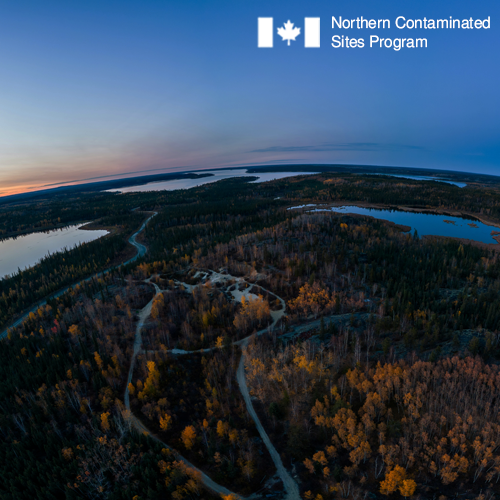Quick Facts
- Digital Readiness Framework based on Government policies, specifically the Government of Canada Digital Standards.
- Representation across department and diverse job levels for consultation and survey.
- Report describes as-is state and identifies area for improvement. Next step is a detailed roadmap to improve and progress digital maturity.
- More information can be found in our 2021 Digital Readiness brochure.
View our updated 2024 Digital Readiness Brochure for more information on Bronson’s approach to a Digital Readiness Assessment.

Project Description
The Chief Information Officer at Canadian Heritage required enhanced digital readiness to ensure departmental staff were able to work efficiently and effectively. The Branch was looking to identify current challenges related to advancing digital readiness within the department, as well as to identify areas for priority focus moving forward. The Branch was also seeking assistance in conducting a digital readiness assessment and the identification of key challenges.
Business Challenge
For some time, federal departments have been working to deliver a digital government that is able to provide improved digital-first, user-centred services and programs which fully support public servants in their day-to-day activities. Necessary components for enabling and facilitating a digital government include a public service with the skills, tools, values and mindset to work digitally, as well as strong digital governance ensuring proper project oversight, strategic prioritization, and adequate security.
At Canadian Heritage, the COVID-19 pandemic resulted in the need for dramatic, accelerated change as it relates to digital readiness, bringing to light areas of strength and areas of weakness. It stressed the need for real-time connectivity linking employees to information instantly. It highlighted the importance of ensuring employees had access to modern and effective tools in the workplace to enable them to serve Canadians and work effectively.
Our Solution and Outcome
To prepare for the digital transformation, it was necessary to understand the environment that currently exists in terms of People, Process and Technology. To form the basis of this understanding and identify gaps in readiness, a survey of the department was needed. The results of this survey were compiled in a report to help direct the future efforts to close the gaps and prepare the department for the digital transformation ahead. To complete this assessment, a phased approach was taken.
Phase 1: Environment Scan
As a first step, a kick-off meeting was conducted with the Project Authority and other stakeholders identified by Canadian Heritage.
A primary purpose of this meeting was to review and reach consensus on proposed methodology for completing this assignment and to review the objectives and needs of Canadian Heritage.
Phase 2: Create Digital Framework from GoC Policies
Based on the Policy direction of the Government of Canada (and other reference material provided by Canadian Heritage), a Framework was created to understand both the current state of digital maturity and the intended state of digital readiness.
Phase 3: Conduct Survey and Consultations
Consultation Interviews and a Survey conducted across Canadian Heritage.
- 7-8 diverse program areas were identified for direct consultation. (This consultation is conducted using remote conferencing technologies).
- Based on this Framework, a Survey is created with a set of 10-15 questions on Digital Readiness.
Phase 4: Report
Using the results from the survey a detailed report was delivered describing the as-is state of digital readiness, core issues and the areas for improvement.
Out of Scope: Creation of a detailed roadmap for achieving Digital Readiness would be considered for future work.
View our updated 2024 Digital Readiness Brochure for more information on Bronson’s approach to a Digital Readiness Assessment.





